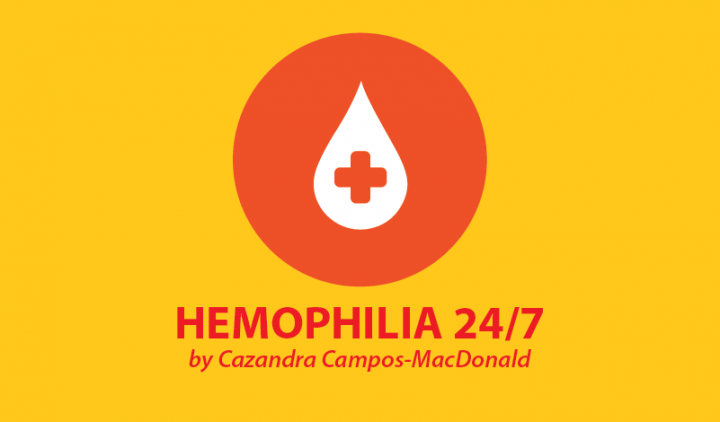Being Open About Mental Health and Chronic Illness
Written by |

Editor’s note: Please be advised that the topic of suicide is addressed in this column. Resources for help are listed at the end of the column.
They say hindsight is 20/20, but I never really understood what that meant until I became an adult. Sometimes, I think back to my childhood and things that were confusing now make sense.
One thing now abundantly clear is that my mother suffered from clinical depression, a condition I inherited from her. I wish I knew then what I know now. Maybe I would have been more compassionate and empathetic. As a kid, though, would I really have understood what she was going through?
Looking back is not always the best thing to do. I choose to look forward as much as possible.
I have lived with clinical depression for over 20 years. My biggest fear was passing this genetic trait to my children. My adult son, Julian, 23, struggles with depression, meaning my worst fear came true. Along with living with severe hemophilia, he works to balance his medical condition with his mental health. Fortunately, he is in a good place with both hemophilia and depression, but as his mama, I still worry about him.
Having a chronic illness is difficult, and for a young adult beginning their life, it can be an added pressure. Julian is living on his own, paying his bills, and going to school. That alone is enough to make a parent proud. But when he was in middle school, I didn’t see the signs of his struggle. He now admits that he had suicidal thoughts and that the bullying at school was worse than he let on. It is something that haunts me.
I am open with my family about my mental health struggles. Having secrets in the family is something that my husband and I refuse to perpetuate. When our sons are old enough, we share important family matters with them to be transparent. This practice has paid off tremendously with Julian.
Julian and I have an agreement. If one of us is having a particularly rough day, we will text each other with no judgment. We will talk when we have a minute just to help each other process the day and what we are feeling. I thought I would be the one helping Julian out most of the time, but it has not turned out the way I imagined.
Having my son as a touchstone is a tremendous lifeline. He understands what it is like to fall into the deep, dark, cold pit of depression. I am so grateful that he understands the importance of reaching out when he is in need.
Reaching out for help is a sign of strength, not weakness. If you or someone you love is struggling, the most important thing you can do is listen to them. To ensure that your mental health is in good shape, reach out to a counselor, social worker, or physician for support.
For more information about mental health, visit the National Alliance on Mental Illness and Mental Health America. If you or anyone you know is experiencing suicidal thoughts or needs someone to talk to, please call the National Suicide Prevention Line at 1-800-273-8255 or visit suicidepreventionlifeline.org.
***
Note: Hemophilia News Today is strictly a news and information website about the disease. It does not provide medical advice, diagnosis, or treatment. This content is not intended to be a substitute for professional medical advice, diagnosis, or treatment. Always seek the advice of your physician or another qualified health provider with any questions you may have regarding a medical condition. Never disregard professional medical advice or delay in seeking it because of something you have read on this website. The opinions expressed in this column are not those of Hemophilia News Today or its parent company, Bionews Services, and are intended to spark discussion about issues pertaining to hemophilia.



Leave a comment
Fill in the required fields to post. Your email address will not be published.